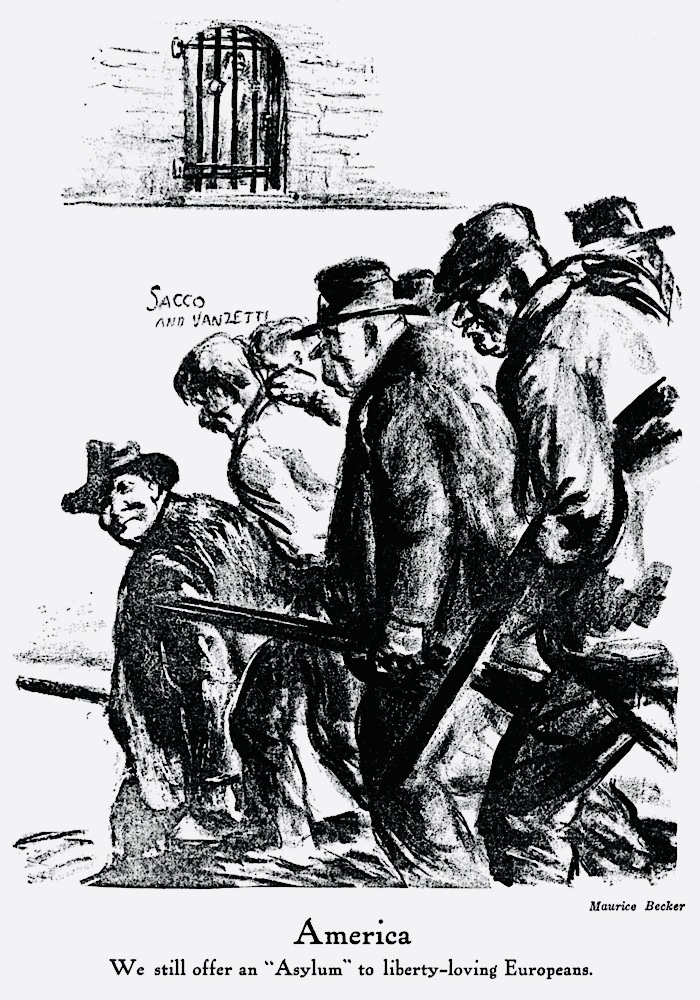 —————
—————
Hellraisers Journal – Sunday February 5, 1922
First Hand Account of the Release of Eugene Debs from Atlanta Penitentiary
From The Liberator of February 1922:
The Uncaging of Debs
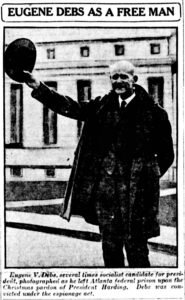 IT was Christmas morning. By the President’s order a man was to be released from prison in Atlanta some time that day and proceed to Washington-no one seemed to know just when. But at six o’clock we newspaper men were tipped off to go to the warden’s house, where Debs was said to be having his breakfast. We waited. An hour passed and then Debs, in his blue denim prison raiment, was ushered out a side door of the Warden’s house into a car and shot back to prison. We then were certain the President had not succeeded in getting his prisoner past our lines during the night. That was something, for few men have left prison supposedly free under circumstances as mysterious as these which attended the release of Eugene V. Debs. And, perhaps, no handful of reporters ever faced so strange a task as that of watching a prison so the President of the United States couldn’t sneak a prisoner up to Washington without anybody knowing it.
IT was Christmas morning. By the President’s order a man was to be released from prison in Atlanta some time that day and proceed to Washington-no one seemed to know just when. But at six o’clock we newspaper men were tipped off to go to the warden’s house, where Debs was said to be having his breakfast. We waited. An hour passed and then Debs, in his blue denim prison raiment, was ushered out a side door of the Warden’s house into a car and shot back to prison. We then were certain the President had not succeeded in getting his prisoner past our lines during the night. That was something, for few men have left prison supposedly free under circumstances as mysterious as these which attended the release of Eugene V. Debs. And, perhaps, no handful of reporters ever faced so strange a task as that of watching a prison so the President of the United States couldn’t sneak a prisoner up to Washington without anybody knowing it.
Playing this curious game against Presidential secrecy, we had to chase every car that came from the prison, overtake it, look in, satisfy ourselves Debs was not there, and then return to our station in the road two hundred yards from the prison. And this all morning, until eleven o’clock, when we boarded the train that took Debs to Washington. And this, we learned, was what happened at the prison.
One by one they came to say good-bye to Debs. One man, a hospital patient, fainted in his arms. Sam Moore, the life-term Negro murderer made over by Debs, wept, and Debs kissed him and promised him he would constantly advocate his freedom. Moore has been in prison thirty years, since he was twenty. A lawyer, also a lifer, imprisoned for killing his wife in a fit of drunken jealousy, embraced the man he said was the best friend he ever knew. The way over from the hospital to the great prison building was choked with men in blue denim, all with outstretched hands. There were tears, and there were smiles, according to temperament. Up the corridors they blocked his way, crowded about him, followed him as he advanced. The warden had suspended all rules. All, all, could come to the front. On every tier they rushed forward to the great barred windows of the building that is as broad as a city block. From the outside, out beyond the prison foreground and beyond the gates, those windows now were pictures of bars and faces, faces, faces. Debs reached the end of the corridor by the warden’s office and the big front door. It opened. Then the shout went up, and as Debs was going down the granite steps it resounded through the vast place and carried out over the free air to the ears of those away out in the road.
But it was no longer a shout. For it would not die. It steadily increased in volume. It was twenty-three hundred caged men crying to see the one who was loose. He walked away out over the grass foreground where he could see them all and they could see him. Cheers mingled with fanatical screams, and yells of his name. For a half a minute he stood with his hat high in air. Then his hand fell, then his head and he wept. He walked back to the warden’s automobile, and away he went with the great noise in his ears.
We all got in the train with Debs and rode with him to Washington, and not yet do any of us know why it was that the President of the United States took so great an interest in this man, whom he does not think worthy of the rights of citizenship.
CHARLES P. SWEENEY.
[Photograph and emphasis added.]
Continue reading “Hellraisers Journal: From The New York Liberator: “The Uncaging of Debs” by Charles P. Sweeney, First Hand Account” →
 —————
—————
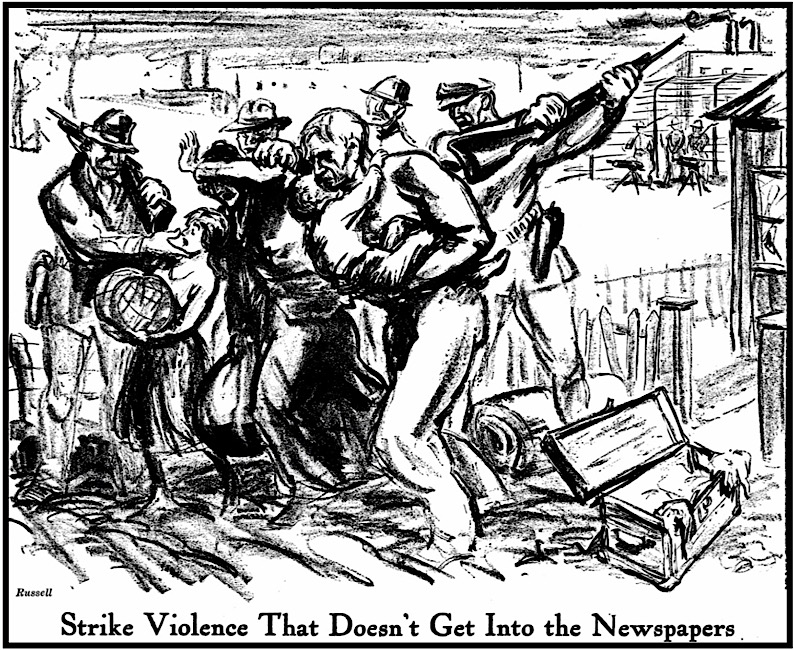
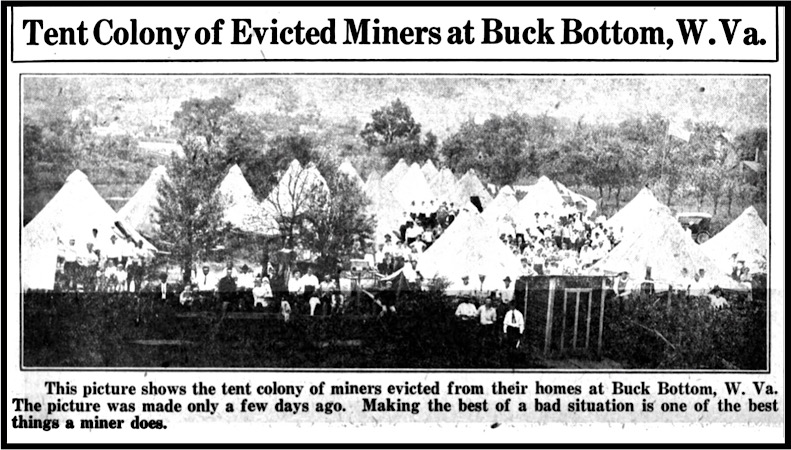
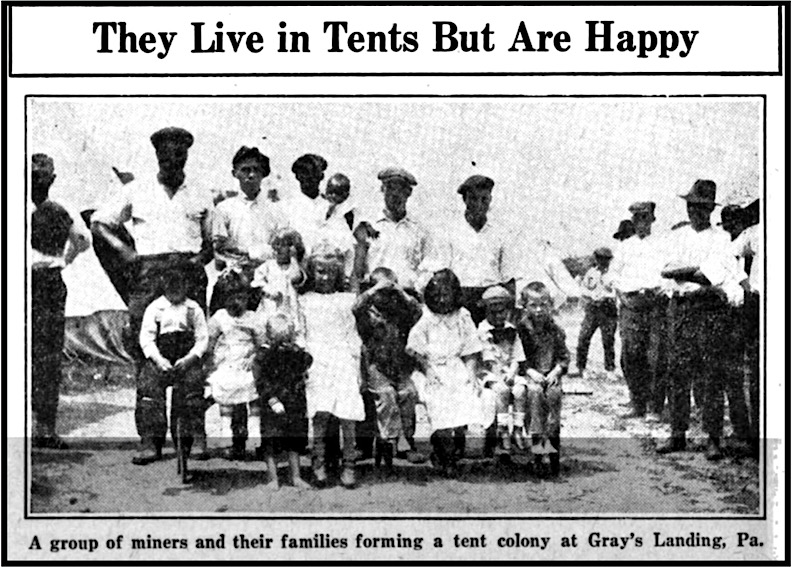
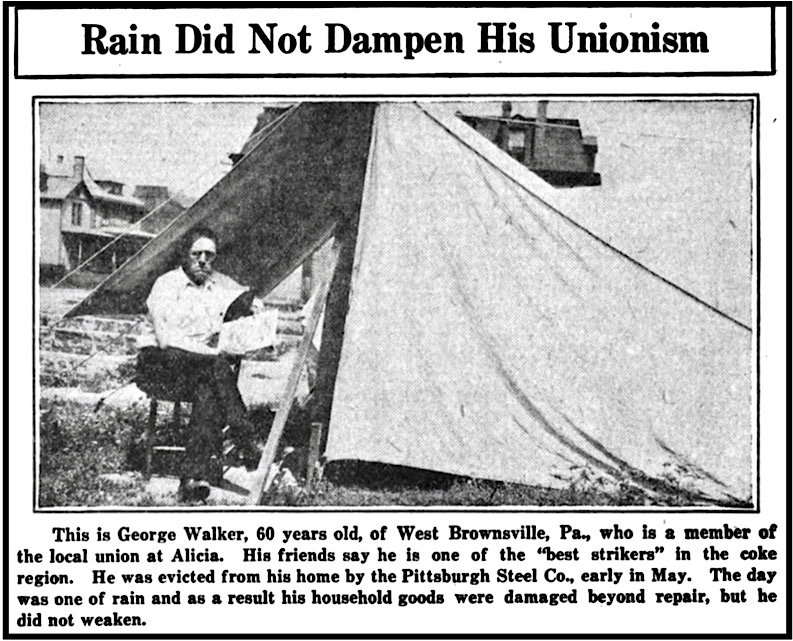
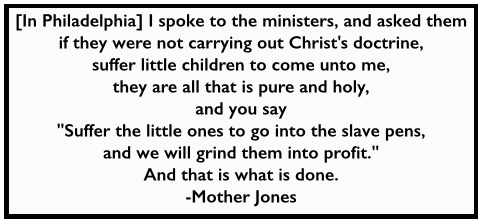
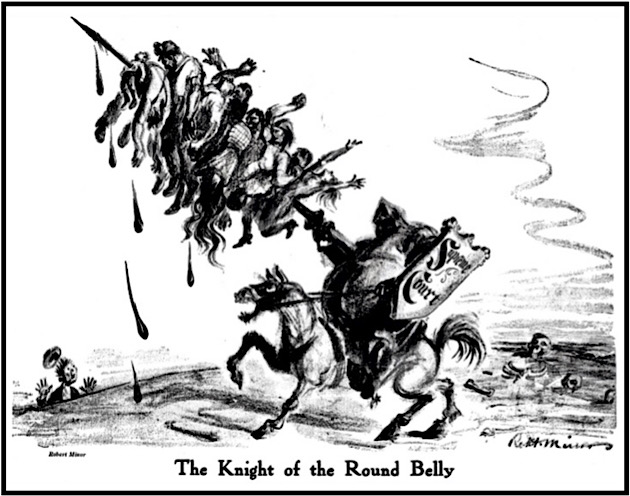
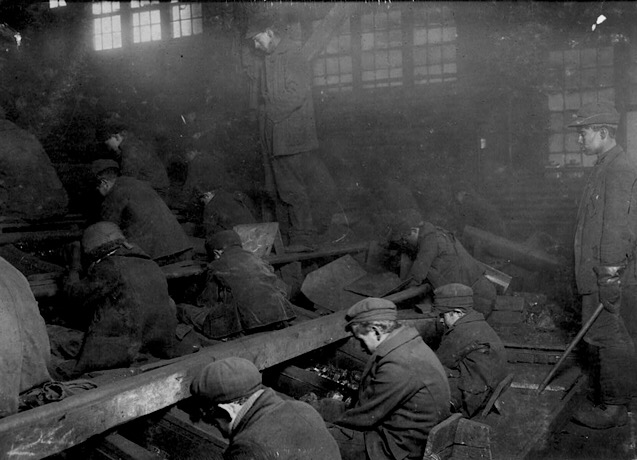
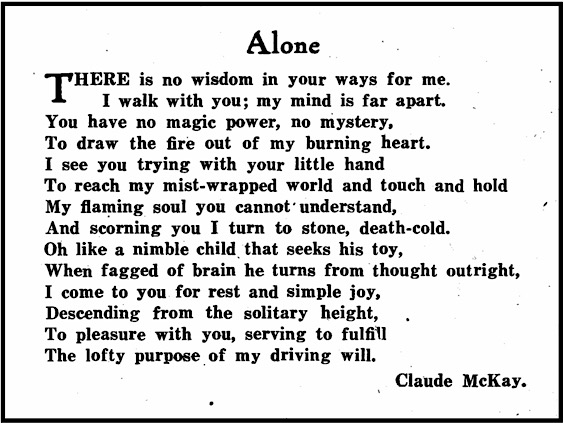
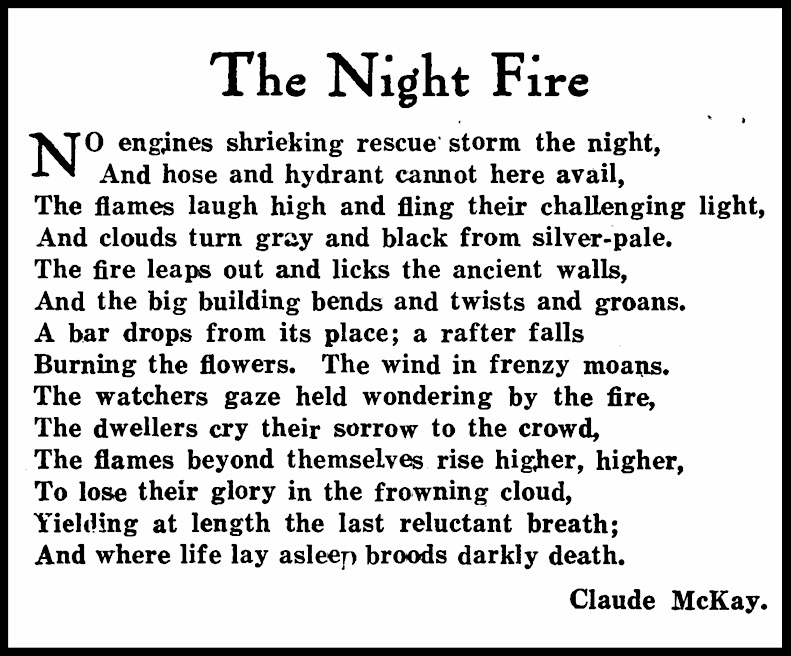
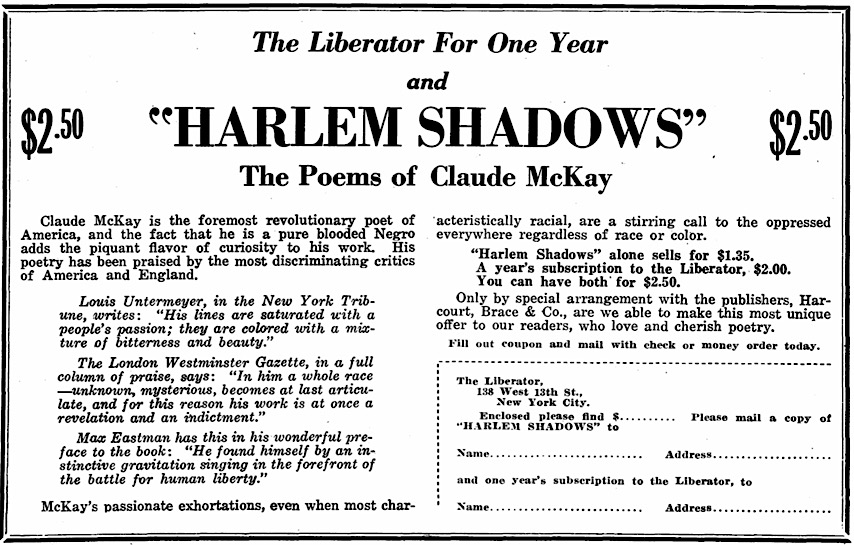
 —————
————— IT was Christmas morning. By the President’s order a man was to be released from prison in Atlanta some time that day and proceed to Washington-no one seemed to know just when. But at six o’clock we newspaper men were tipped off to go to the warden’s house, where Debs was said to be having his breakfast. We waited. An hour passed and then Debs, in his blue denim prison raiment, was ushered out a side door of the Warden’s house into a car and shot back to prison. We then were certain the President had not succeeded in getting his prisoner past our lines during the night. That was something, for few men have left prison supposedly free under circumstances as mysterious as these which attended the release of Eugene V. Debs. And, perhaps, no handful of reporters ever faced so strange a task as that of watching a prison so the President of the United States couldn’t sneak a prisoner up to Washington without anybody knowing it.
IT was Christmas morning. By the President’s order a man was to be released from prison in Atlanta some time that day and proceed to Washington-no one seemed to know just when. But at six o’clock we newspaper men were tipped off to go to the warden’s house, where Debs was said to be having his breakfast. We waited. An hour passed and then Debs, in his blue denim prison raiment, was ushered out a side door of the Warden’s house into a car and shot back to prison. We then were certain the President had not succeeded in getting his prisoner past our lines during the night. That was something, for few men have left prison supposedly free under circumstances as mysterious as these which attended the release of Eugene V. Debs. And, perhaps, no handful of reporters ever faced so strange a task as that of watching a prison so the President of the United States couldn’t sneak a prisoner up to Washington without anybody knowing it.
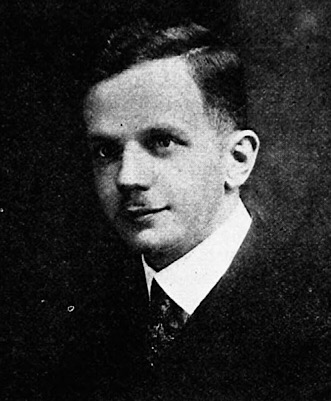
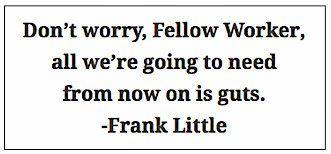 ————————
————————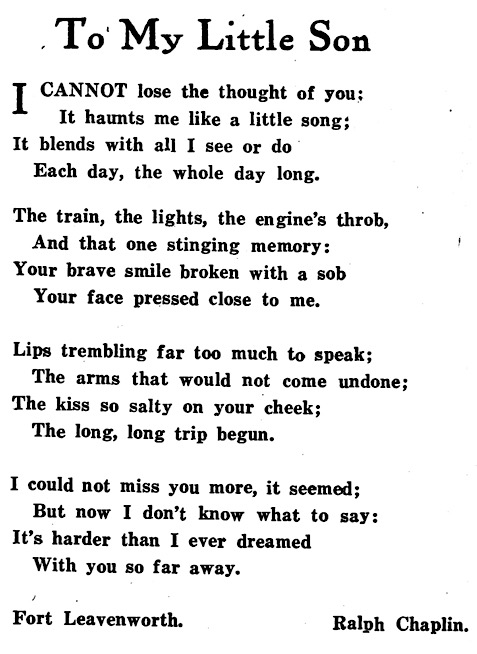
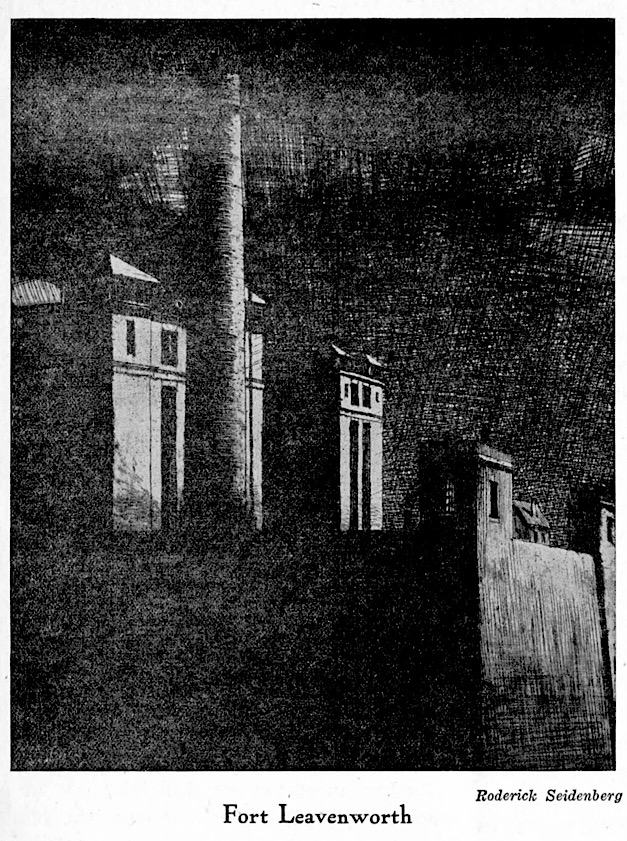
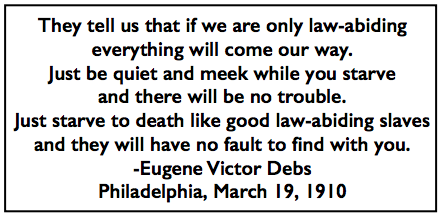 ———————-
———————-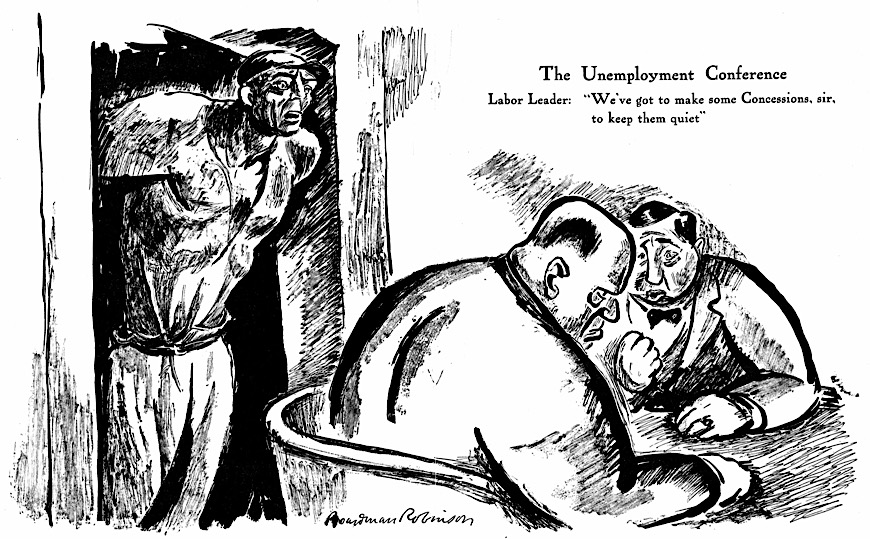
 ———————-
———————-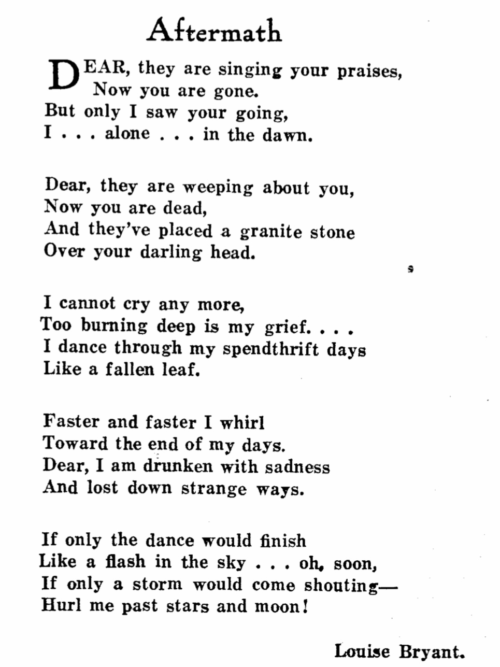
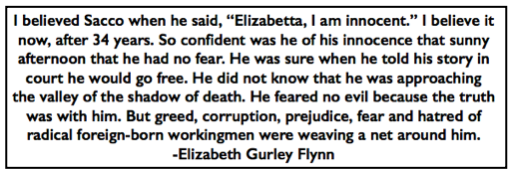 ———————-
———————-